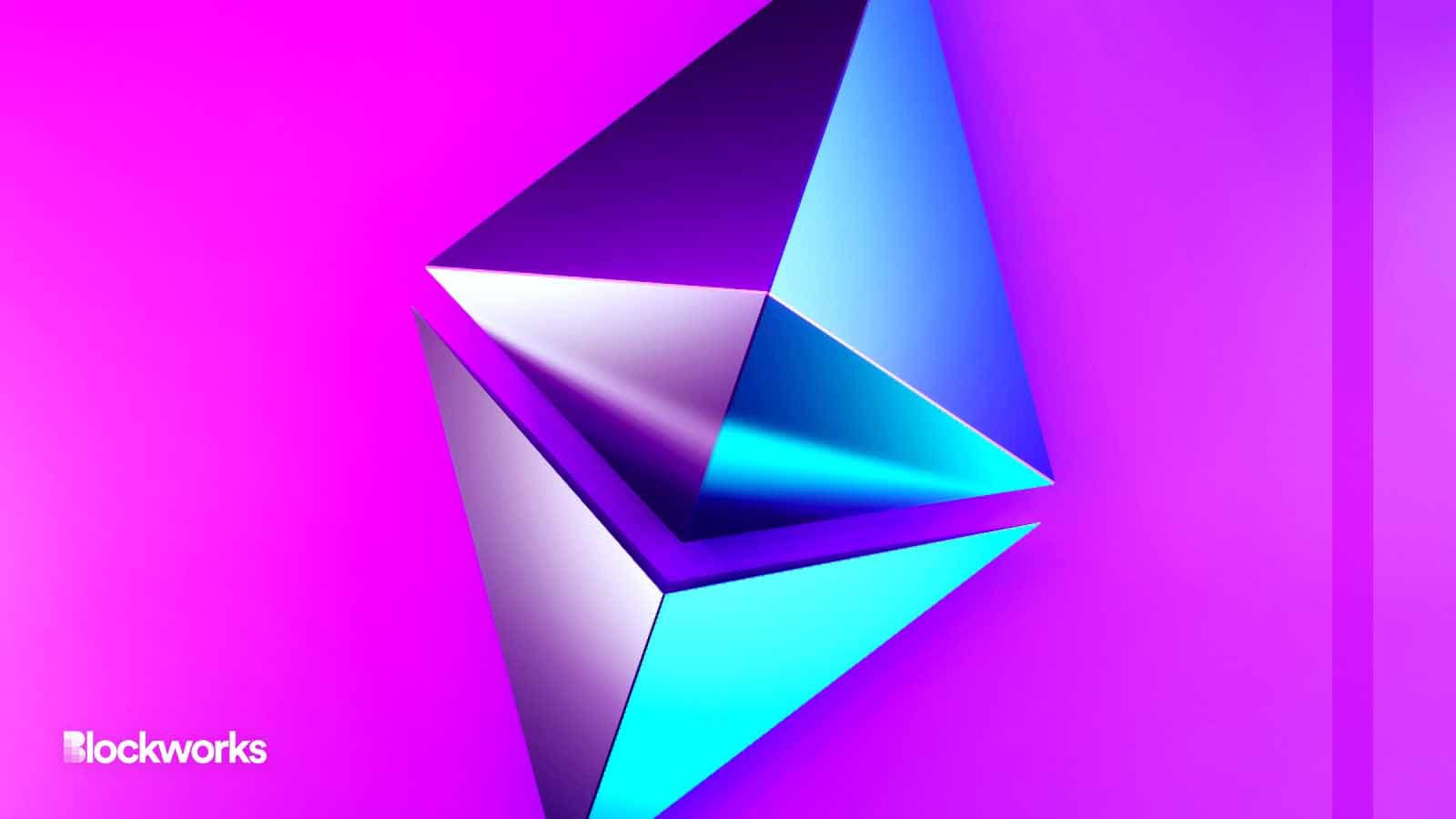Ethereum’s Beacon Chain Temporarily Stops Finalizing: Chain Consultant
Though cause was initially unknown, “decentralization on all levels limits the impact of these events,” according to the pseudonymous superphiz.eth

Trichaiwat/Shutterstock modified by Blockworks
Ethereum’s Beacon Chain temporarily stopped finalizing Thursday, according to a community health consultant of the blockchain.
The incident occurred at roughly 4 pm ET, according to tweets by the pseudonymous superphiz.eth.
“I don’t know why yet, but in general the chain is designed to be resilient against this, transactions will continue as usual and finalization will kick in when the problem is resolved,” they tweeted.
Ethereum had a hard time reaching consensus, resulting in a brief, but drastic, downtick in validator participation on the consensus layer, according to Blockworks Research Senior Analyst Sam Martin.
“This led to a period of time where Ethereum blocks were not being finalized, but blocks were still being validated as normal on the execution layer,” he added. “This is yet another instance that highlights the importance of client diversity amongst Ethereum’s validator set.”
Client diversity refers to the need to have multiple independent clients to ensure the decentralization of a network.
A follow-up tweet at about 4:50 pm ET suggested blocks were being finalized again.
If a consensus client has over 33% of its Ethereum nodes compromised, the Beacon Chain could stop finalizing.
This means that user transactions could be tampered with or changed, threatening the security of the Ethereum blockchain as a whole.
Historical precedent shows that having a diverse set of validators can prevent denial-of-service attacks. During the Shanghai denial-of-service attacks in 2016, attackers tricked the dominant client at the time (Geth) into slowing down block operations. Alternative clients who were not affected by the vulnerability were online at the time, and able to prevent Ethereum from being compromised.
Superphiz.eth said the loss of finalization might be “the first real-world test of our consensus client diversity work,” and called the incident “big, but inconsequential.”
“Decentralization on all levels limits the impact of these events, regardless of what caused this we must continue hardening every vector,” superphiz.eth added.
Superphiz didn’t immediately return a request for comment.
The incident is currently being investigated by Ethereum developers and more information is expected to be revealed.
Updated May 11, 2023 at 5:54 pm ET: Added additional context and comments throughout.
Get the news in your inbox. Explore Blockworks newsletters:
- The Breakdown: Decoding crypto and the markets. Daily.
- 0xResearch: Alpha in your inbox. Think like an analyst.






